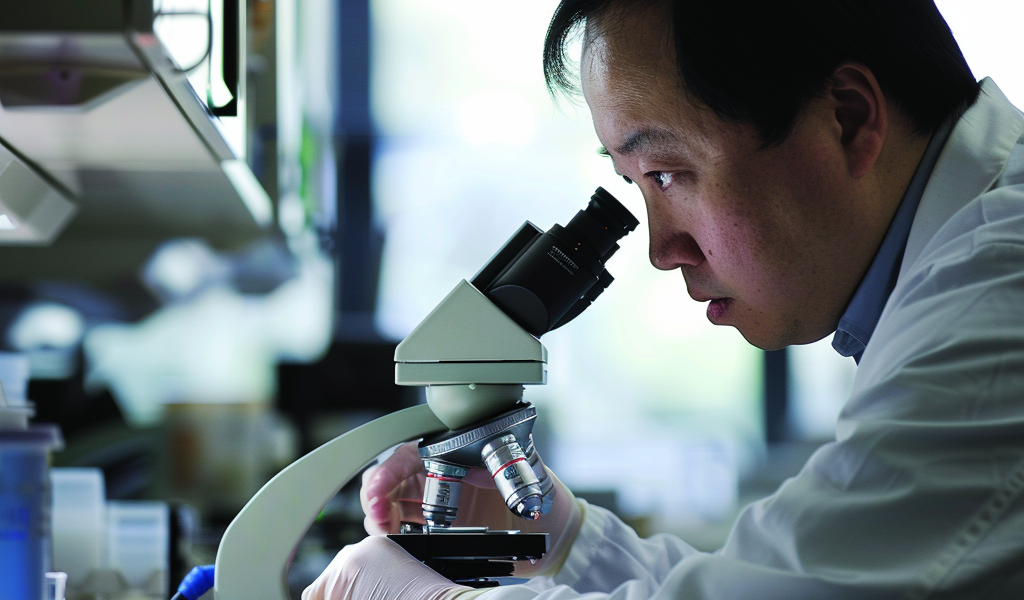A Chinese scientist, He Jiankui, who gained notoriety for creating the world’s first genetically edited babies, has recently revealed that he has returned to his laboratory to focus on research related to the treatment of Alzheimer’s and other genetic diseases. In an interview with a Japanese newspaper, He Jiankui expressed his intention to resume research on human embryo genome editing, emphasizing that the work would adhere to both domestic and international regulations.
He Jiankui, known for using the Crispr-Cas9 tool to rewrite DNA in embryos, faced severe backlash and legal consequences after claiming in 2018 that he had successfully created genetically modified twin sisters, Lulu and Nana. The controversial experiment led to his imprisonment for three years in 2019, as he was found guilty of violating medical regulations and forging documents from an ethics review panel to recruit couples for his research.
Despite the ethical and moral dilemmas surrounding his previous work, He Jiankui remains unapologetic and has expressed pride in his creation of the genetically modified twins. He has emphasized that he has no plans to produce more genome-edited babies, and instead, aims to focus on using discarded human embryos for his research endeavors.
While He Jiankui’s actions have sparked global condemnation and raised concerns about the potential implications of gene editing technology, he continues to assert that his work could pave the way for advancements in addressing genetic diseases. The resumption of his research activities has reignited debates about the ethical boundaries and regulatory frameworks governing genome editing, underscoring the complex and contentious nature of this rapidly evolving field.





